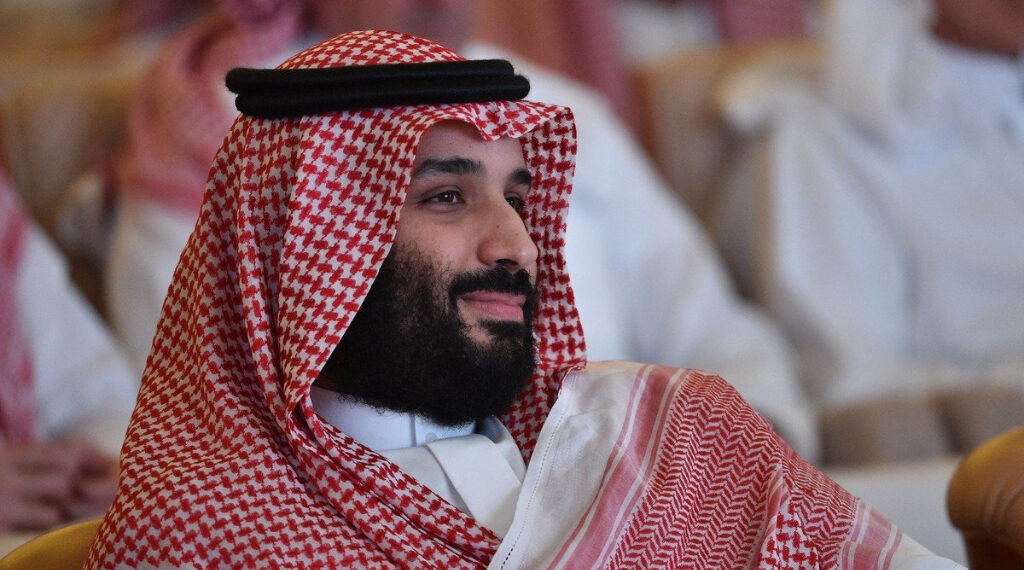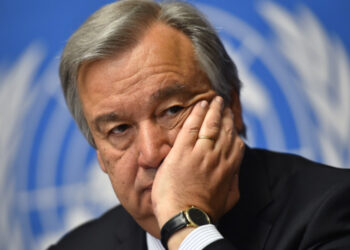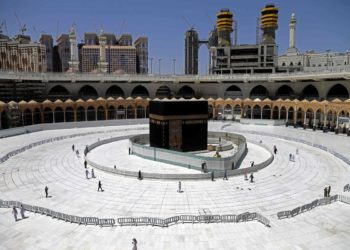States with abysmal human rights records seek election to the UN Human Rights Council not to advance human rights but to block their realization. This cynical behavior is an aberration that needs to be called out.
Earlier this month, Saudi Arabia failed to win a seat on the Council, joining a long list of countries aspiring to sit on the world’s premier human rights body while being deeply hostile to basic human rights, with no intention of upholding fundamental human dignity anytime soon.
Riyadh has reportedly spent billions to transform its public image from a country known for its abuses into a tourist destination. Meanwhile, the Saudi regime has terrorized its opponents and committed unprecedented repression. The country continues to limit freedom of expression, target women activists, and suppress dissenting voices.
If the current Saudi regime wants to be seen as a legitimate player on the international stage, it needs to demonstrate progress on rights and justice.
One way Riyadh could do this is by releasing the hundreds of human rights defenders who remain unjustly imprisoned in the country’s notorious jails for speaking out against the regime’s malpractices.
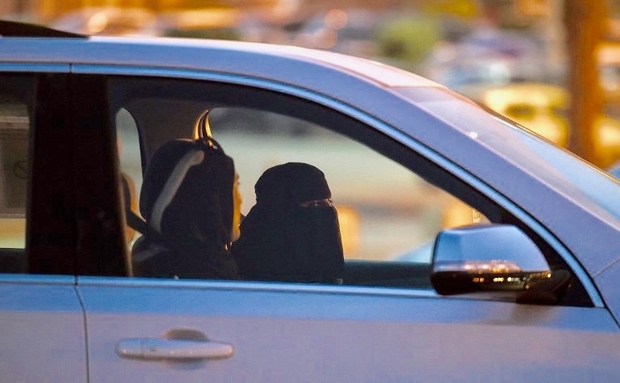
Deteriorating Human Rights
Ahead of Saudi Arabia’s candidacy for a seat on the UN’s top human rights body, the civil society organization ALQST for Human Rights made several submissions during Saudi Arabia’s Universal Periodic Review at the UN Human Rights Council, where a country’s record is reviewed on a global stage.
The organization documented a deteriorating human rights situation in the kingdom since its last review process in 2018.
As a lead for ALQST for Human Rights, Lina al-Hathloul (sister of Loujain al-Hathloul who helped lift the ban on women driving) has campaigned for the travel ban on Loujain al-Hathloul and her family to be lifted and for an end to all forms of harassment and restrictions on the family and others like them.
Civil society organizations and activists, including the Gulf Center for Human Rights, MENA Rights Group, Reprieve, and the European Saudi Organisation for Human Rights, worked together at the UN to raise concerns about Saudi Arabia’s ineligibility to hold a seat on the UN Human Rights Council.
The Council’s 47 member state states are expected to uphold the highest standards in the protection and promotion of human rights, as per a 2006 resolution of the UN General Assembly.
Amnesty International has long campaigned to protect the right to protest in Saudi Arabia and to hold the country accountable for the brutal killing of journalist Jamal Khashoggi in Turkey for his criticism of the government. It is the world’s most high-profile case of transnational repression of a political dissident.
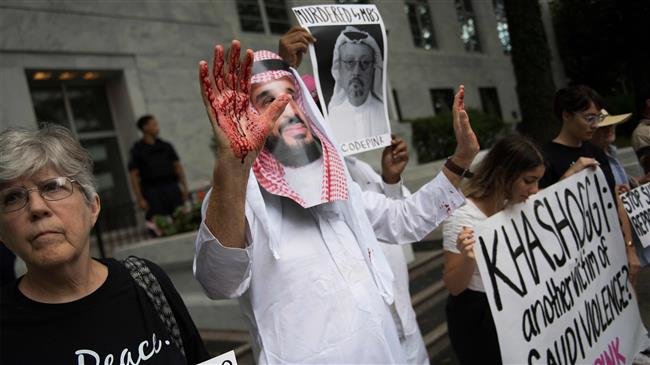
Hijacked
The Human Rights Council plays a crucial role in addressing global violations and serves as a platform for activists and victims of violations.
Instead, it has been hijacked by countries like China, Cuba, Eritrea, the United Arab Emirates, and Vietnam, all of whom rank in the worst “closed” category on the CIVICUS Monitor, a participatory research platform that measures civic space conditions around the world, without which human rights defenders and organizations cannot do their work.
Successful civil society advocacy has blocked Saudi Arabia’s election this time around. However, civil society efforts were unable to prevent Ethiopia, whose government stands credibly accused of war crimes in the Tigray region, from being elected to serve from 2025 onwards.
This does not bode well for the institution, nor does the fact that countries committing some of the worst atrocities, both domestically and abroad, are currently sitting on the Council.
Reforming the Election Process
To prevent governments that are serial human rights abusers from derailing global progress on human rights, the Human Rights Council should reform its election processes to uphold human rights standards when selecting members of the UN’s top human rights body.
General Assembly Resolution 60/251, which created the Human Rights Council, urges voting for members to “take into account the contribution of candidates to the promotion and protection of human rights.” These countries are required to “uphold the highest standards in the promotion and protection of human rights” at home and abroad and “fully cooperate with the Council.”
If the Human Rights Council is to remain faithful to what the General Assembly set out to accomplish, it must remove the impetus for countries seeking to join the Council to shine the bright light of accountability away from their crimes.
Disclaimer: The views and opinions expressed here are those of the author and do not necessarily reflect the editorial position of The Globe Post.

